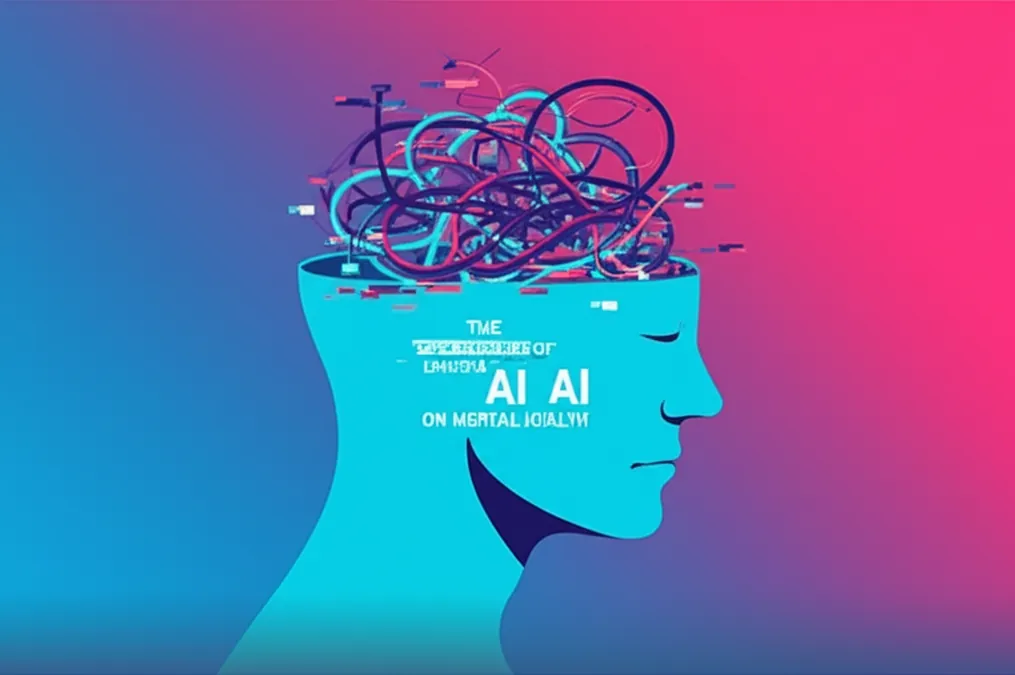Developer Offer
Try ImaginePro API with 50 Free Credits
Build and ship AI-powered visuals with Midjourney, Flux, and more — free credits refresh every month.
Why AI Lacks the Emotional Depth for Therapy
A recent study from the University of Southern California (USC) offers a critical look at the role of large language models (LLMs) like ChatGPT in mental health. While these AI systems have become remarkably adept at holding conversations, the research reveals they currently fall short in providing the meaningful emotional support essential for therapy.
The AI Empathy Gap in Therapeutic Settings
The core of the study investigated the performance of LLMs in scenarios that demand key therapeutic skills: empathy, deep understanding, and personalized feedback. These elements are the bedrock of effective mental health care, fostering the connection and trust necessary for healing.
Study Highlights Conversational Skill vs Emotional Depth
Researchers observed a significant disparity in the AI's abilities. While the models could generate dialogue that was both coherent and contextually relevant, they consistently failed to recognize or respond appropriately to more profound emotional cues. This inability to navigate the subtleties of human emotion highlights a major limitation. The findings suggest that despite the rapid evolution of conversational AI, there is a substantial gap to bridge before these tools could be considered a substitute for professional human therapists.
The Future of AI in Mental Healthcare
The USC study underscores that the complexities of human connection and emotional nuance are, for now, beyond the grasp of current AI. This research serves as an important reminder that technology's role in mental health must be developed with a clear understanding of its present limitations. The path forward lies in leveraging AI as a supportive tool rather than a replacement for the irreplaceable value of human-led therapy.
Compare Plans & Pricing
Find the plan that matches your workload and unlock full access to ImaginePro.
| Plan | Price | Highlights |
|---|---|---|
| Standard | $8 / month |
|
| Premium | $20 / month |
|
Need custom terms? Talk to us to tailor credits, rate limits, or deployment options.
View All Pricing Details

